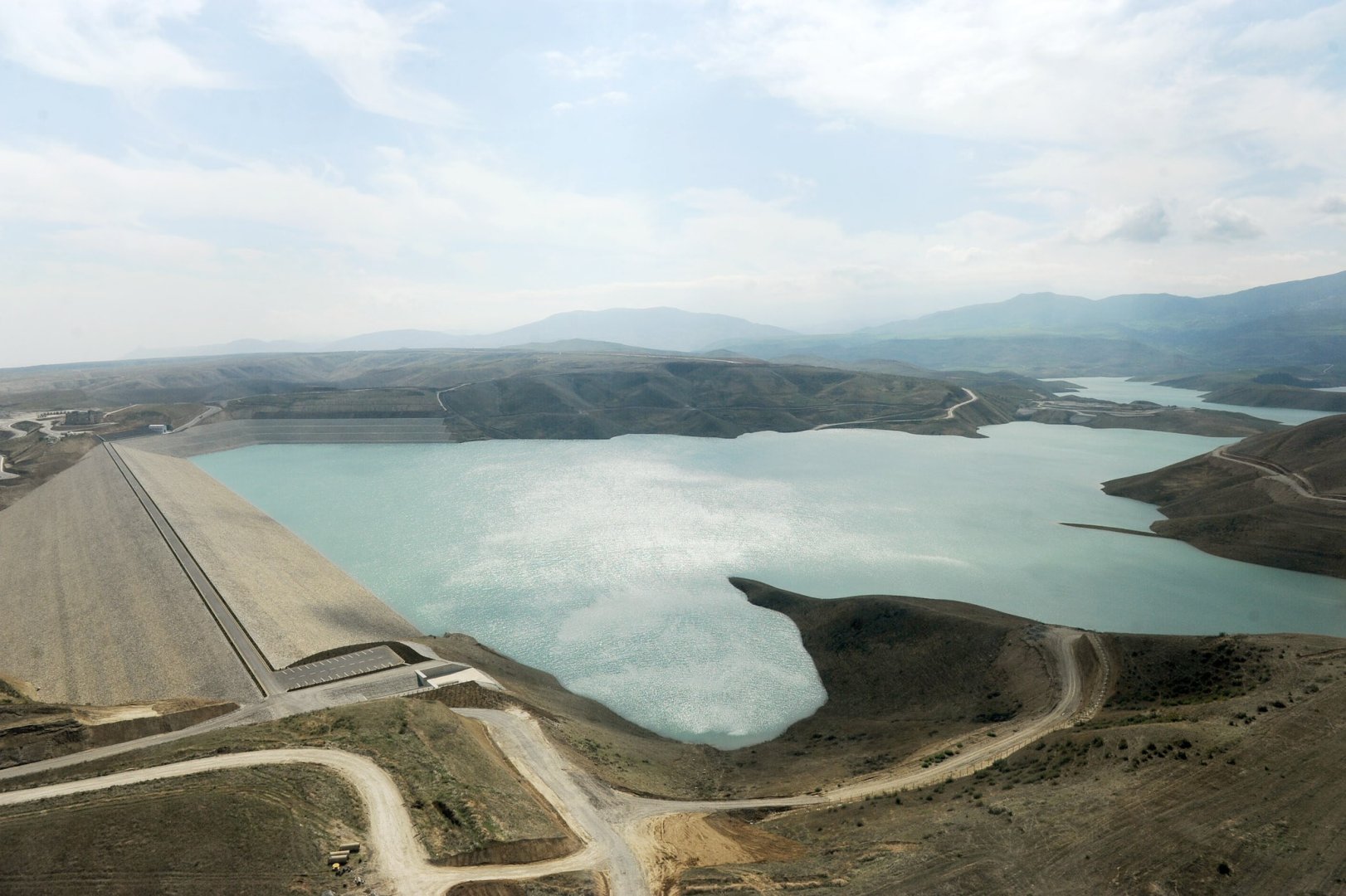BAKU, Azerbaijan, September 25. Water resources in Azerbaijan are projected to decline by 20-25 percent in 2020-2050 and by 30-35 percent in 2070-2100, Zakir Guliyev, Deputy Chairman of the State Water Resources Agency of Azerbaijan, said at the Regional Climate Conference on "Enhancing climate action in agriculture in Europe and Central Asia", Trend reports.
Guliyev noted that in the current conditions, maintaining the ecological balance, rational use of natural resources, and protecting water, soil, and the atmosphere from pollution have become a universal problem.
"The negative impacts of global climate change are intensifying worldwide, including in our country, particularly in arid regions like Azerbaijan," he stated.
He pointed out that demographic growth and alarming issues such as rising consumption, global warming, and resource depletion necessitate immediate environmental action. In the context of a global ecological crisis, achieving balance among the economy, society, and the environment requires developing a new, ecologically safe, and economically viable model.
Azerbaijan's water resources are severely limited, with surface water reserves amounting to thirty billion cubic meters. Only thirty percent of this water is sourced within the country, while seventy percent comes from neighboring regions. Recent climate changes and prolonged droughts have significantly reduced the flow of Azerbaijan's major rivers, Kura and Araz, leading to the complete drying up of many internal rivers. This situation exacerbates irrigation challenges for agriculture during the warmer months.
“The solution to this problem creates the need for a more rational use of available water resources and, on the other hand, further investigation into utilizing unconventional water sources (underground, collector-drainage, waste, and sea) for agricultural irrigation," he added.







